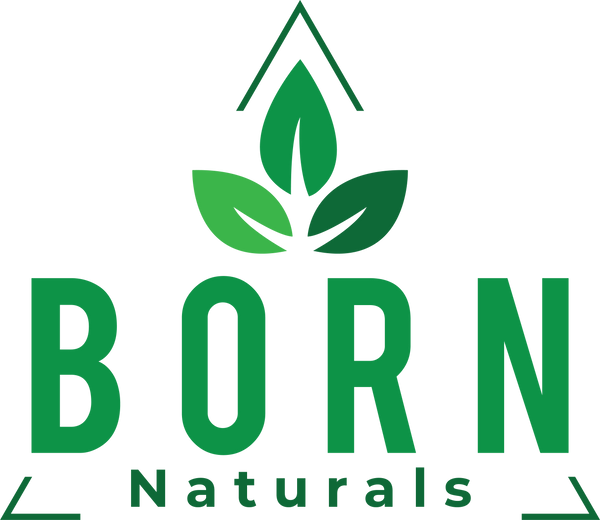Each of these nutrients plays a vital role in supporting the health of your hair.
-
Copper: are you surprised it’s not iron? Copper helps us use iron properly, which means we need copper to have available iron in the body. It also helps us produce energy, the number one source for hair growth. Best sources of copper include beef liver, oysters, shrimp, cacao, whole food vitamin C (citrus), liquid chlorophyll)
-
Magnesium: particularly for hair, we need adequate magnesium to convert vitamin D in the body into the active form and vitamin A. It also helps our body produce energy. Hair growth requires lots of energy. The best magnesium sources are magnesium glycinate/malate/ bicarbonate or threonate, magnesium oil, Epsom salt baths, cooked leafy greens, and cacao.
-
Vitamin A (retinol): helps our cells grow correctly and helps activate vitamin D and thyroid receptors. Both of which are important for hair growth. The best sources of vitamin A (retinol) are beef liver, dairy, and eggs. Take note that Vitamin A comes from two sources. One group, called retinoids, comes from animal sources and includes retinol. The other group, called carotenoids, comes from plants and includes beta-carotene. The body needs to convert the beta-carotene to vitamin A (this can be at a very low conversion rate so we recommend going straight to the goods - retinol!)
-
B Vitamins: help our bodies create RBCs and carry oxygen and nutrients to the scalp to support scalp health and growth. Best sources include beef liver, red meat, eggs, seafood, and animal proteins.
-
Vitamin E: helps protect our bodies from stress and is also a natural inhibitor of androgens (male hormones). You can find a high quality supplement for this or look to avocados, mangos and even kiwi’s.
- Vitamin C: like vitamin E, it helps protect us from stress but is also important for the production of collagen, which helps strengthen the scalp and support healthy hair. The best sources of vitamin C are citrus fruits and whole food vitamin C supplements (this means not just a bottle that lists ascorbic acid as its vitamin C source).
Next time you're out at the grocery store, choose a food from each of the above to include in your diet.

